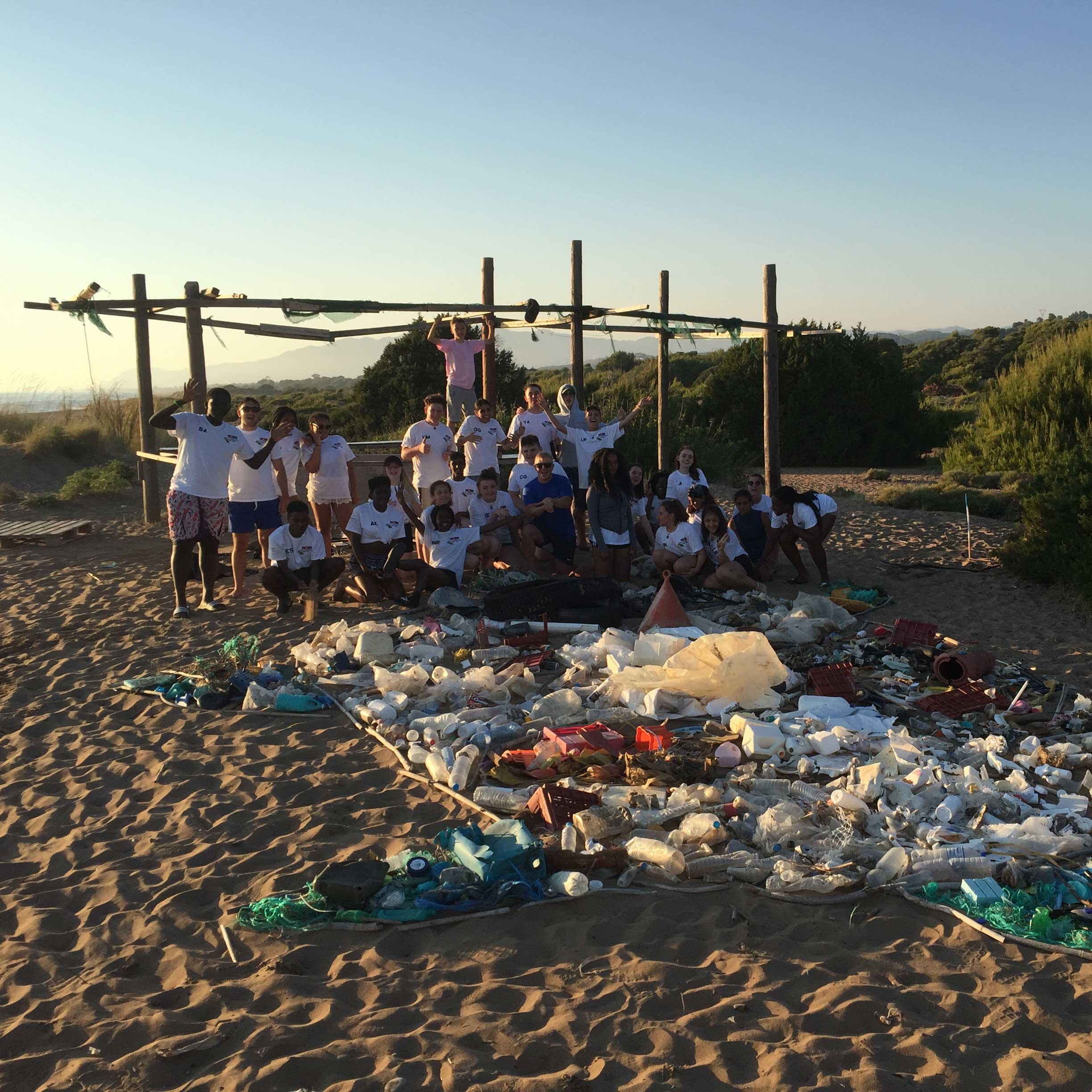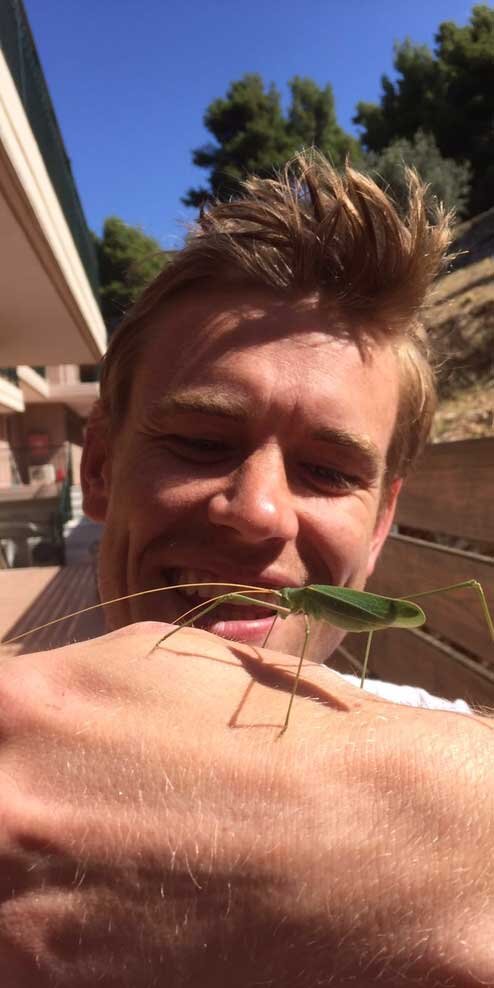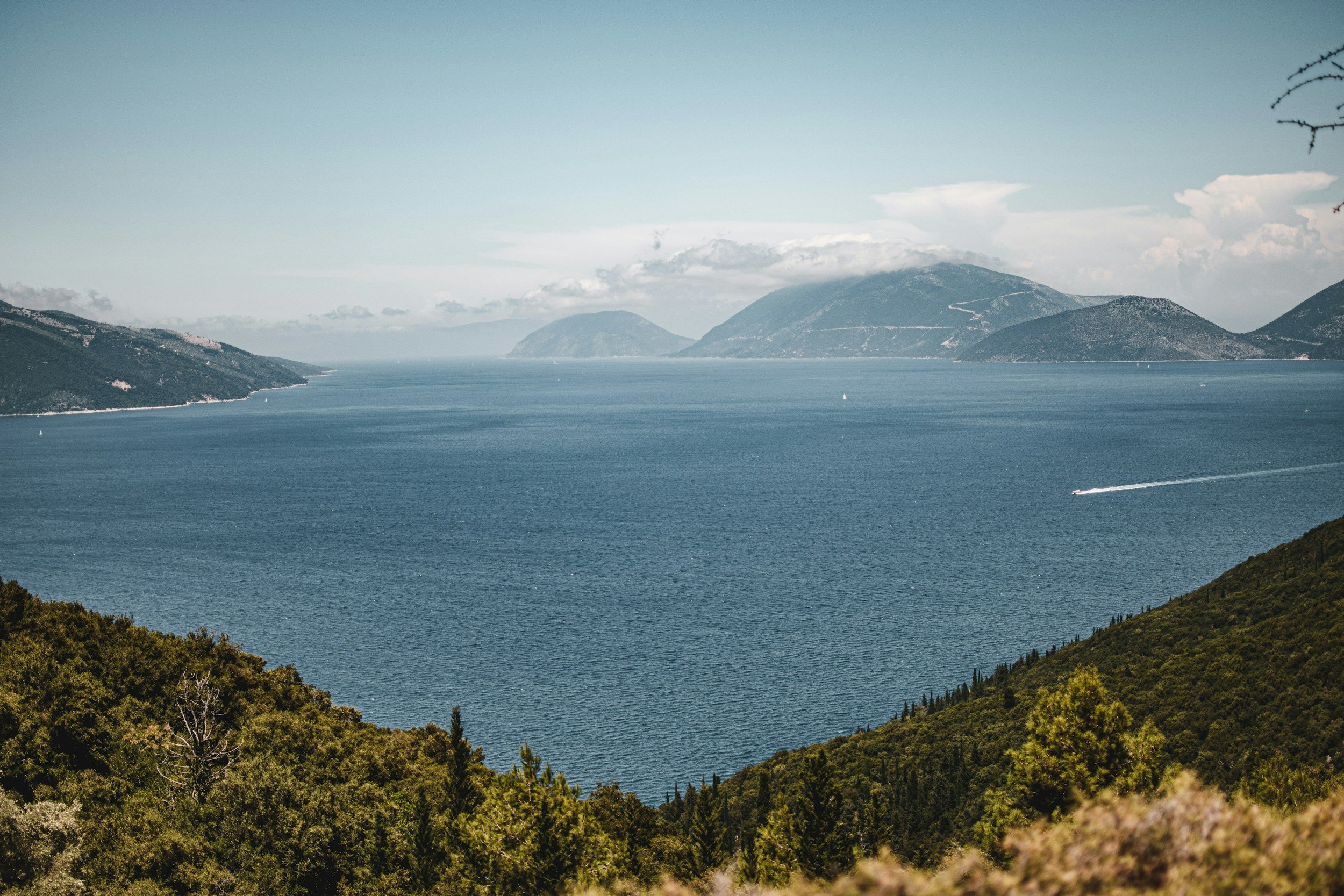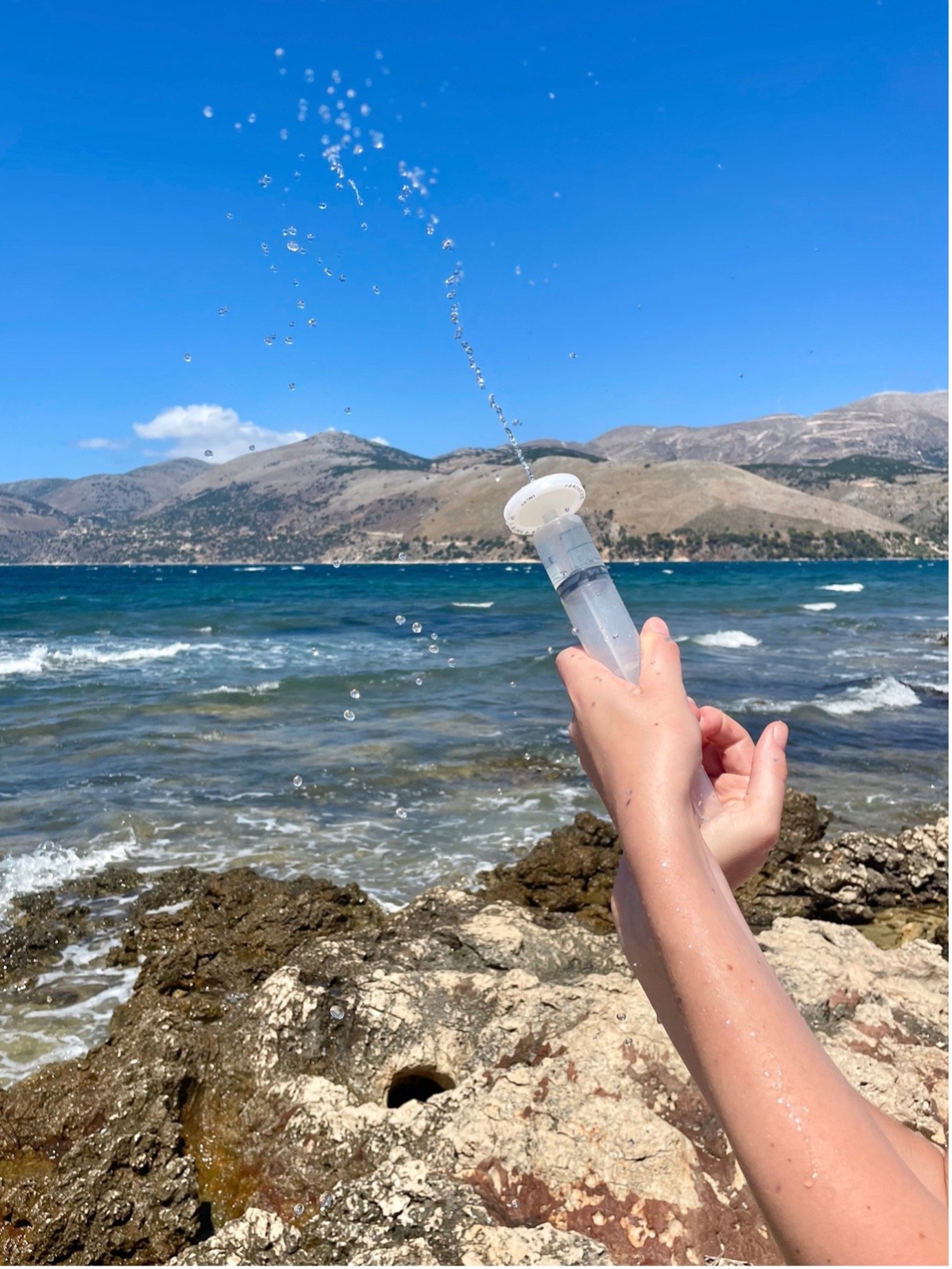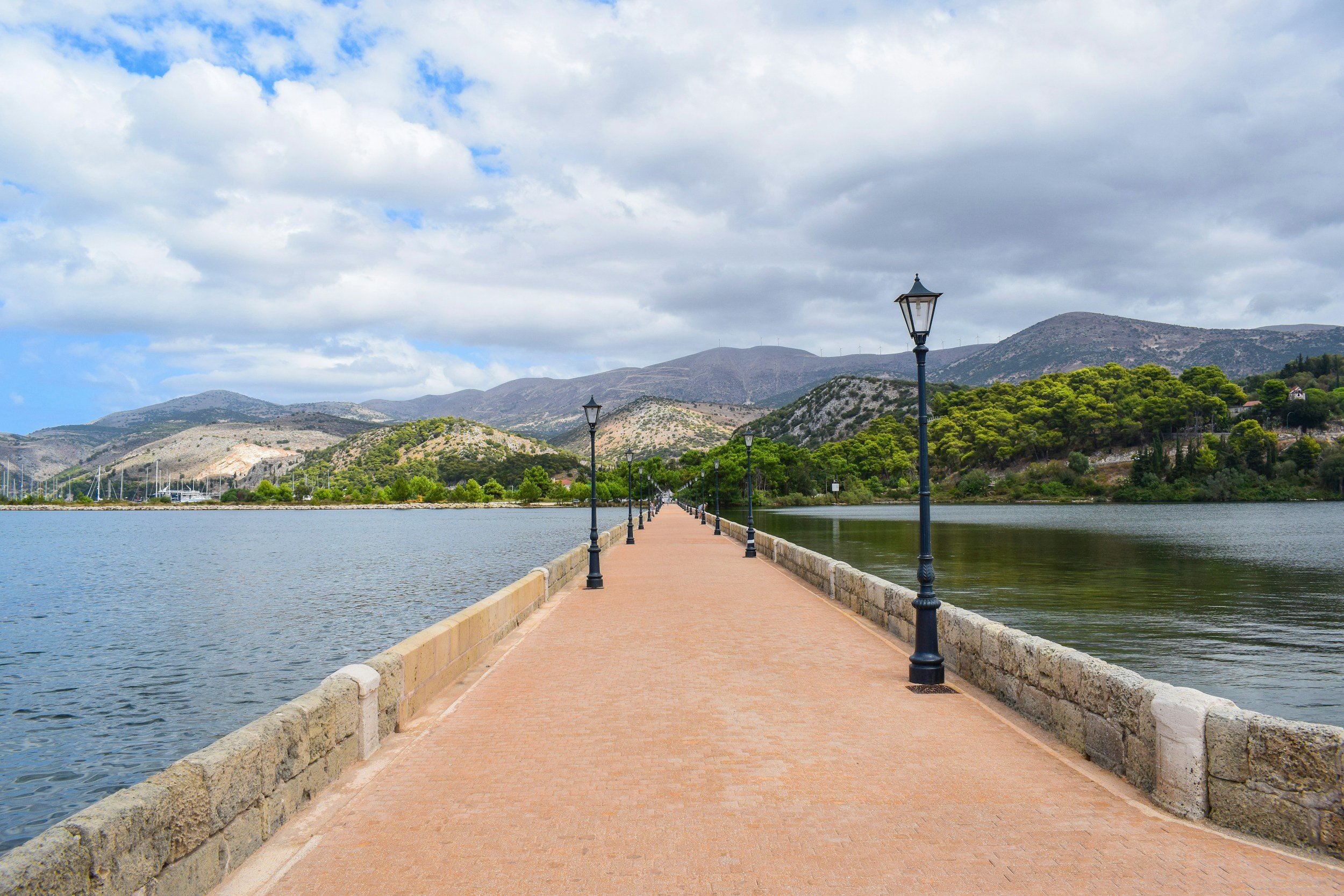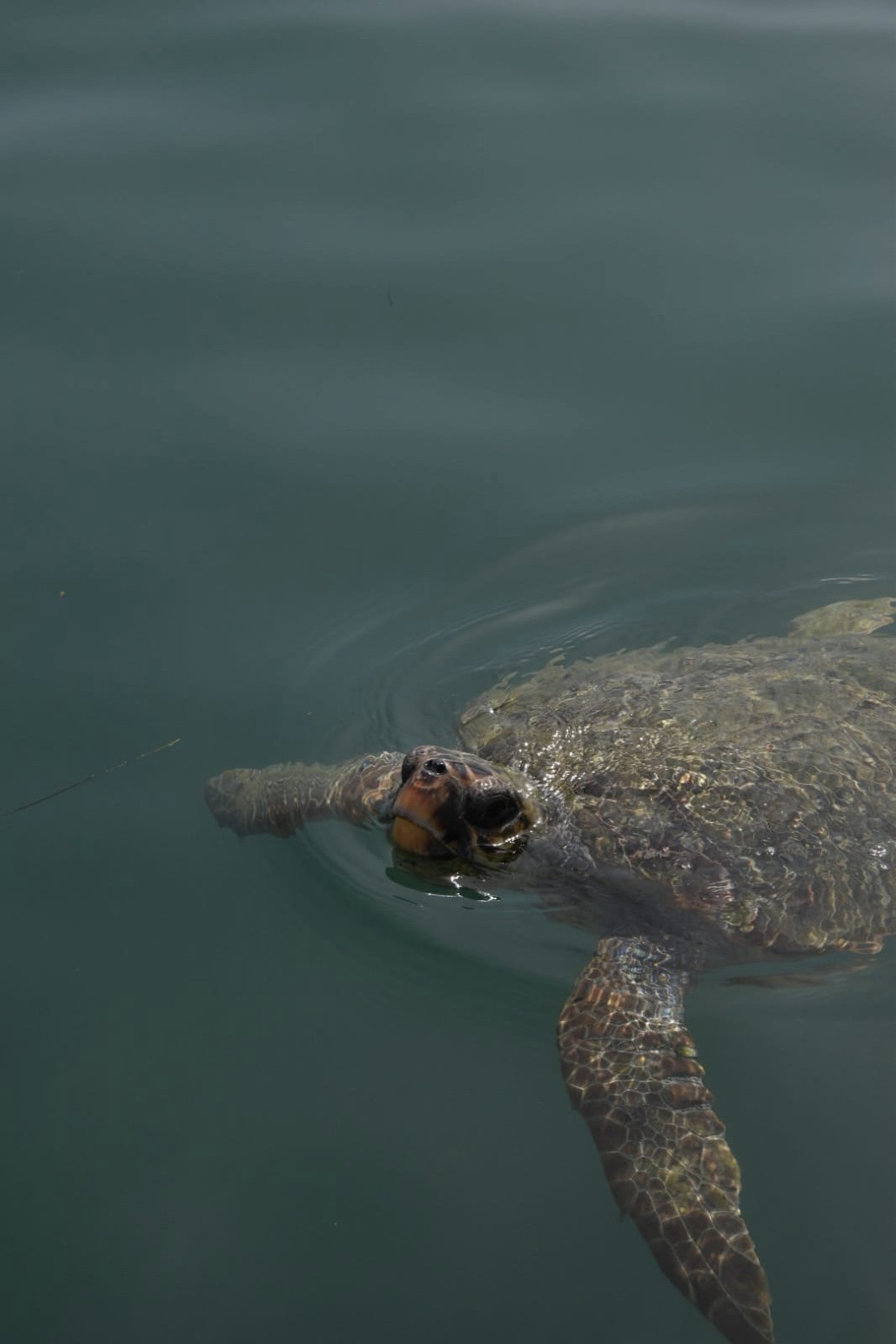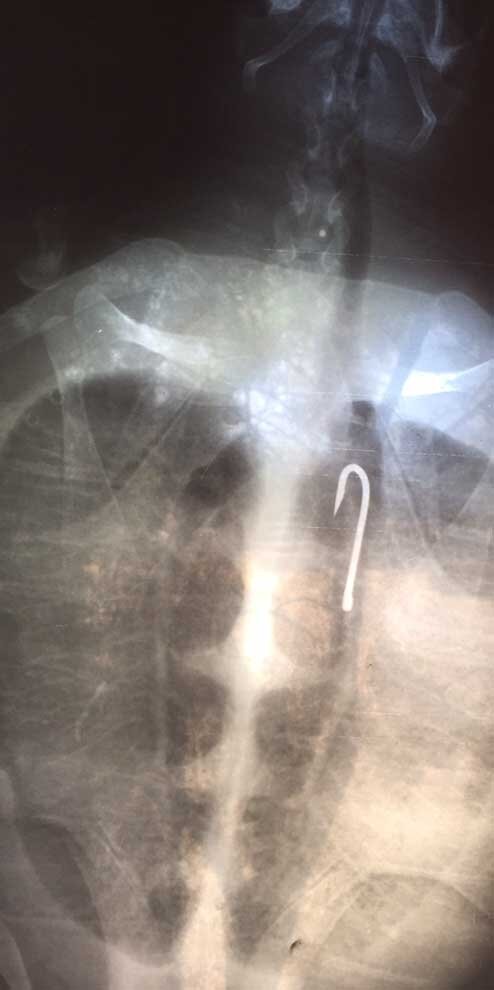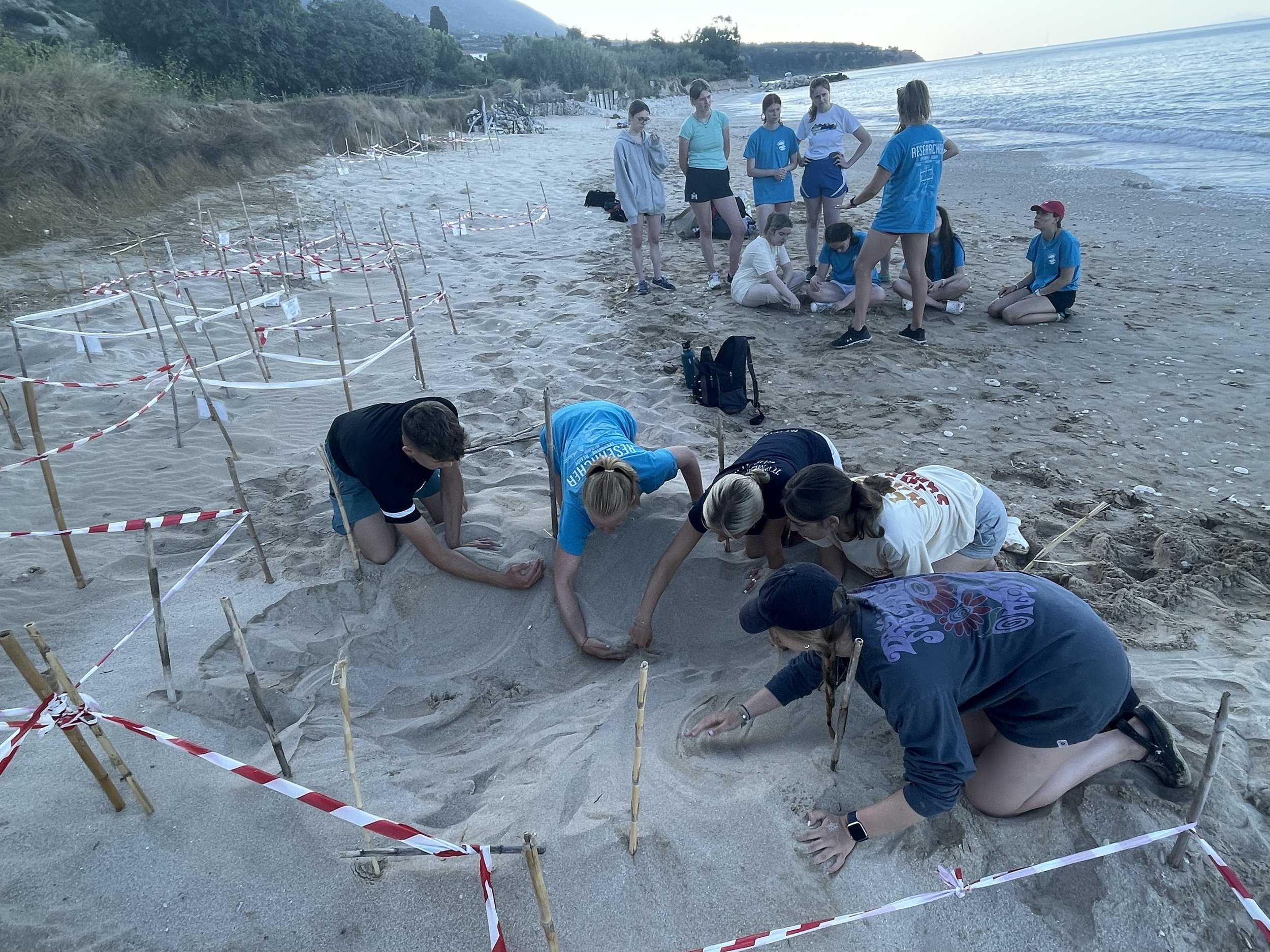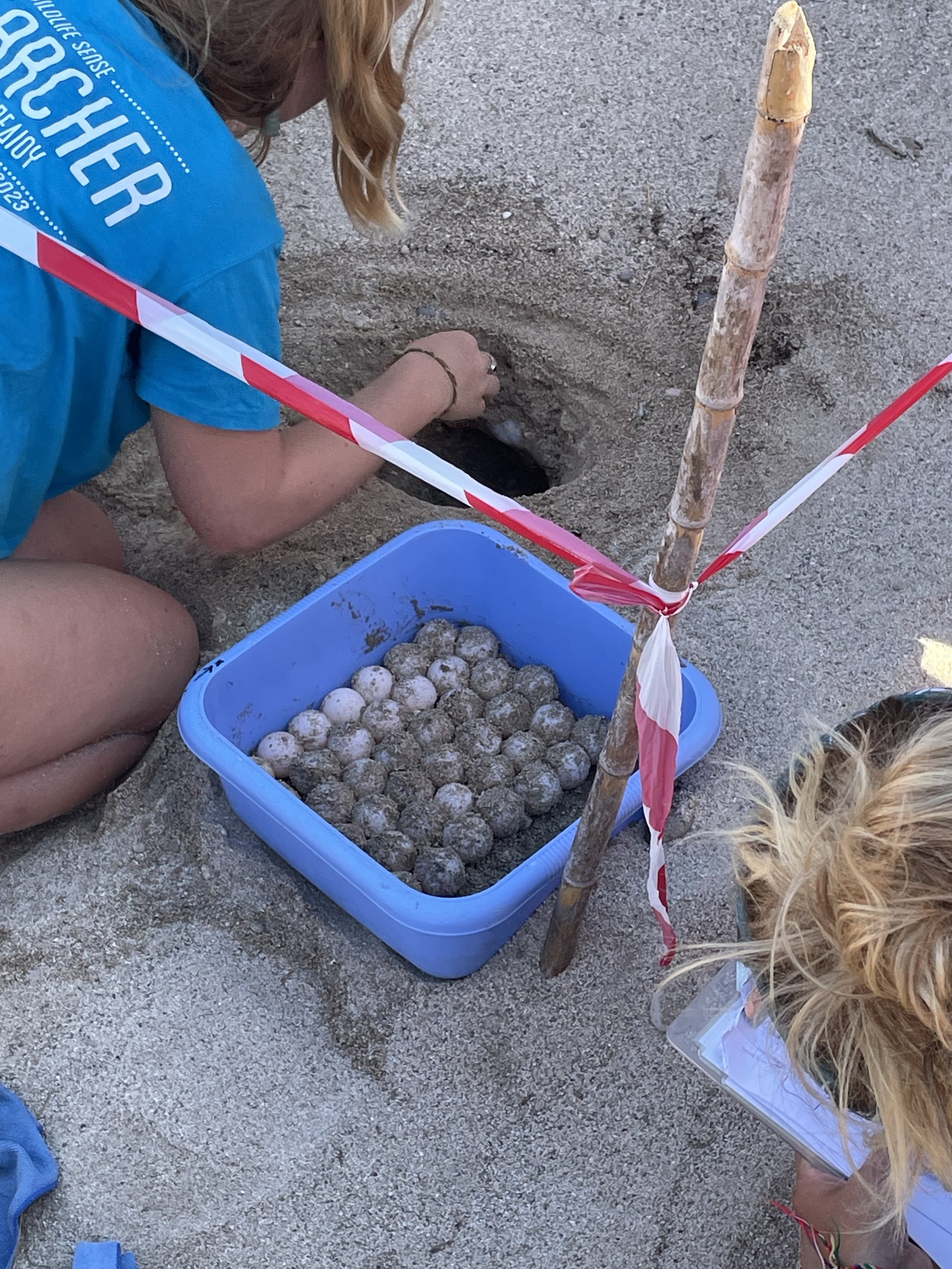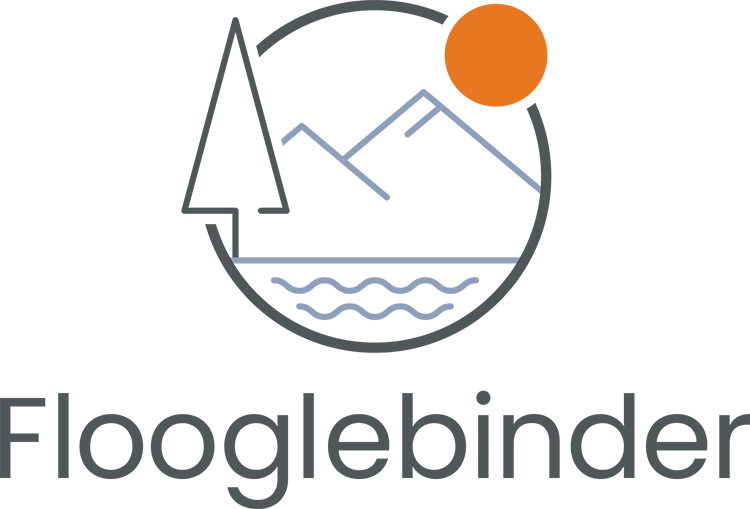
Turing Scheme
Turtle conservation, Greece
Spend 9 fantastic days of hands-on experience in turtle conservation. You’ll learn about their anatomy and the important role they play in an ecosystem. As well as how to protect them and the anthropogenic impacts that are affecting their distribution and behaviours.

Learn about turtles on our marine conservation adventure in Greece! You’ll learn about their physiology, their behaviours, their habitat, the serious threats they face as a species and how you can help to protect them. Plus, you’ll further your knowledge on the Sustainable Development Goals that align with this project, as well as gaining a deeper understanding of your own social and environmental impact.
“Greece was the best experience I ever took part in. I am so glad I got to go on this amazing trip, I have learnt so much from it especially about ocean plastics and what they can do to marine life. This has not only improved my life. This is the start of a new beginning…”
This is a once in a lifetime experience that will open your eyes to the importance of turtle and marine conservation.
You will learn important life skills and gain a deeper understanding of how your personal actions impact the planet and its inhabitants. You will gain invaluable, hands-on experience on this turtle conservation project, working with Loggerhead Turtles (Caretta caretta) in their natural environment.
*Costs: £1350pp - cost to the student £900
Travel grant available for Greece £325
ITINERARY OVERVIEW:
Day 1: Briefing and orientation
Day 2: Snorkel tests, workshops, nesting and drone work
Day 3-7: Ethograms, sea grass bed and nesting surveys
Day 8: Explore Kefalonia
Day 9: Depart
About your adventure
On this trip, you’ll have evening workshops to build your knowledge on why turtle conservation is so important. You’ll be given information on the issues the turtles currently face as well as being shown how they’re being protected and rehabilitated.
Once you arrive at the camp in Kefalonia, you’ll be involved in a wide range of activities: from nest excavations and relocations, to morning surveys and hatchling rescue (depending on the time of year). You’ll sleep under the stars and collect light pollution data, which is vital to ensuring that hatchlings don’t head inland, but instead follow the moon out to sea as they should.
You’ll then watch the sun rise and look for turtle tracks from the night before, fully immersing yourself in the vital processes needed for this conservation work to be truly effective.
Identifying nests and relocations is a key part of what you’ll be doing on this particular project. You’ll learn how the nests are actively protected from predators and get to know the turtles’ behaviour as well as its ecological importance.
You'll also be looking at the human impact (anthropogenic) and how the fishing communities have changed the feeding behaviour of this turtle population. Hands-on experiences like this are essential for those seeking a career in conservation but are equally valuable to those who will explore other paths.
Our trips are designed to help you develop a wide range of life skills and a deeper understanding of how you can help us work towards achieving the United Nations’ Sustainable Development Goals to achieve a better and more sustainable future for all. Learn more ⟶
“It was a great introduction into conservation abroad and has made me eager to go on similar trips around the world.”
Turtle Conservation Itinerary
Day 1
Briefing and orientation
When you touch down in Kefalonia, you’ll have the chance to wander around camp and get to know your home for the next week. Found right next to the beautiful Ionian Sea, the beach is on your doorstep. Chirping cicadas can be heard throughout and are a constant reminder of the nature surrounding you. Today you will learn about the different surveys you will be conducting (ethograms, nesting surveys and seagrass monitoring) before settling down for your first dinner at camp.
Meals: D (depending on arrival time)
Accommodation: Tents
Day 2
Snorkel tests, workshops, nesting and drone work
The first full day is for learning about Loggerhead turtles (Caretta caretta), seagrass (Posidonia oceanica) and how conservation efforts in Kefalonia are helping to increase loggerhead populations. You will have your first dip in the sea for a snorkel test to make sure you are happy and comfortable with conducting the seagrass surveys in the days ahead. Draft schedule below…
7am: Breakfast
8am-10am: Orientation, nesting, snorkel and harbour training swim test
10am: Walk into town
1pm: Lunch
2pm: Sea turtle talk
3-5pm: Free time/workshop
5-6pm: Seagrass and fish species talk
7pm: Dinner
Meals: B,L,D
Accommodation: Tents
Days 3 to 7
Ethograms, seagrass bed and nesting surveys
During your time on the turtle conservation project you’ll be involved in morning surveys, nest relocation, hatchling rescue (depending on the time of year), seagrass monitoring, beach profiling, light pollution data collection and harbour ethogram studies. Draft schedule below, days rotate A/B
7am: Breakfast 4:45am: Breakfast
8-12am: Snorkel/ harbour survey 5am-12pm: nesting survey
1pm: Lunch 12:30pm: Lunch
2-4pm: Sustainability/ careers workshop 1-2pm: Free time
5:30pm: Dinner 2-5pm: Snorkel survey
6:30pm: Importance of drones in conservation 5:30pm: Dinner & workshop
7pm: Coastal clean up/ plastics talk. 6:30pm: Downtime/ Volleyball
Meals: B,L,D
Accommodation: Tents
Day 8
Explore Kefalonia
After a busy week of research and monitoring, you will have a day to enjoy and play in the sun, kayak amongst the coves, and visit Melissani Lake and Drogarati caves.
Meals: B, L, D
Accommodation: Tents
Day 9
Depart
Depending on your flight time, either have a morning swim/stroll to the beach, or chill out in camp. Think about the incredible experience you’ve gained, the boundaries you’ve pushed and the life long memories you’ve created. You’ve actively contributed towards turtle and marine conservation and should be proud to call yourself a global ambassador and Gamechanger.
Meals: B
What’s included
NOTE:
Flights will be secured once final numbers have been confirmed, with options presented for direct and non-direct returns to Kefalonia. Personal insurance, visas, vaccinations, personal expenditure, tips for leaders, guides and drivers and any other services not listed above are not included.
Important notes
Once you’ve booked your Turtle conservation project you will be sent a kit list specifically for your trip. You will also receive further information about the adventure itself and the daily activities as well as further detail around what you can expect to learn. This includes your pre-departure conservation and sustainability workshops, as well as your impact surveys and reports. If you have any questions about the trip please get in touch. If you have any questions about all Flooglebinder educational adventures please take a look at our FAQs page.
VACCINATIONS
For this particular trip, please see details below.
Please check with your local GP to find out which vaccinations you require for any adventure that you decide to book. These are a guide; a full consultation is necessary to establish individual risk and suitability of vaccines. There may be instances where more than one appointment is required to assess whether a vaccine can be offered.
Recommended vaccinations:
• Tetanus
Vaccinations to be considered:
• Hepatitis B
• Tick Borne Encephalitis (TBE)
INSURANCE
Please check if your school/college provides insurance and if not we will require your policy number and details 8 weeks before departure. Flooglebinder has public liability cover of £5million but participants must arrange their own travel insurance for all other levels of cover (e.g. cancellation, curtailment, loss of personal belongings etc.). Please feel free to contact us for any advice or recommendations.
Your safety is our number one priority on all of our educational adventures. All of your finances are protected through Financial Failure Insurance and each programme adheres to British Standards (BS8848). If you have any questions about our safety and security measures, please do get in touch.
VISAS
Please check with the FCDO.
See what life is like on the project…
